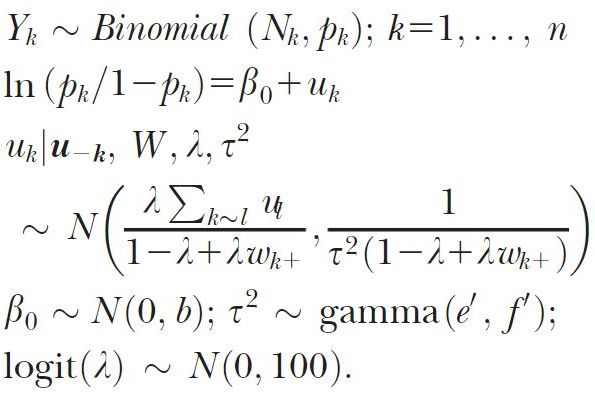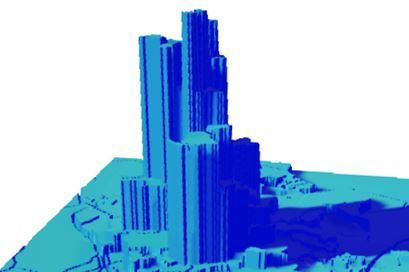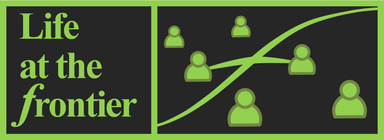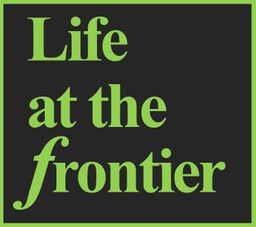Data & Software: An Open Science Approach
We are committed to making all our published research outputs freely available. We also aim to publish in leading international academic journals to maximise the authority, readership and citations of the work. Where possible we will aim for Gold Open Access (GOA) either by publishing in an open access journal or paying the publisher to make the article open access: UK Universities receive funds from the ESRC to cover these costs for ESRC funded research outputs. Where GOA is not possible due to funding restrictions, we will opt for Green Open Access which entails archiving a pre-publication copy of the article in a freely accessible institutional or specialist online repository (e.g., at the University of Sheffield, Green Open Access articles are available from the White Rose Research Online depository: http://eprints.whiterose.ac.uk). In addition, we will make all published outputs from the project freely available from the project website and make use of the Open Science Framework (https://osf.io).
Information on our use of Norwegian data is available here.

Open Data
We are passionate about dissemination and so we will explore a variety of means not only to make our research freely available, but to publicise it, disseminate it and garner feedback and engagement wherever possible. We will also engage with local and national Open Data organisations to encourage the public use of the resources we provide. For example, we will explore running joint hackathon and workshop events with Open Data Science Sheffield (we have run similar events before in collaboration with the Sheffield Methods Institute, and the Centre for Doctoral Training in Data Analytics and Society.

New Data & Methods
The data issues and social contexts in each country will help foster new opportunities for methodological innovation driven by necessity (e.g., particular data challenges) and creativity (e.g., sparked by issues of interest in particular countries). Understanding each country’s data strengths will help us appreciate what can be achieved in terms of data collection/linkage in our own country—a potentially important outcome of the project. We will also generate 5 sets of research and training resources:
- Geocoded datasets of detected frontiers
- Case studies and qualitative data
- Social Frontiers R Toolkit with online tutorials
- Data comics, high quality data visualisations, and 3D sculptures of social frontiers and their effects
- Video documentaries and short video summaries of research papers

Social Frontiers R Toolkit
This will allow other researchers to apply our proposed innovative methods for frontier estimation, including (a) a new Bayesian approach to estimating intersectional frontiers (i.e. frontiers in multiple dimensions: e.g., ethnicity, social class, age, country of origin, religion), and (b) methods for measuring “frontier propensity” (the degree to which there are step changes across adjacent neighbourhoods in residential mix in the city or country as whole). We shall also make freely available our computer code multimethod estimation of selection effects, potentially transforming the comparability of future research addressing major weaknesses in the literature with respect to selection effects and lack of comparability across studies.

3D Sculptures
The project will give us the opportunity to refine and generalise our code for creating 3D printed sculptures from data, and to make it freely available with guidance notes.

